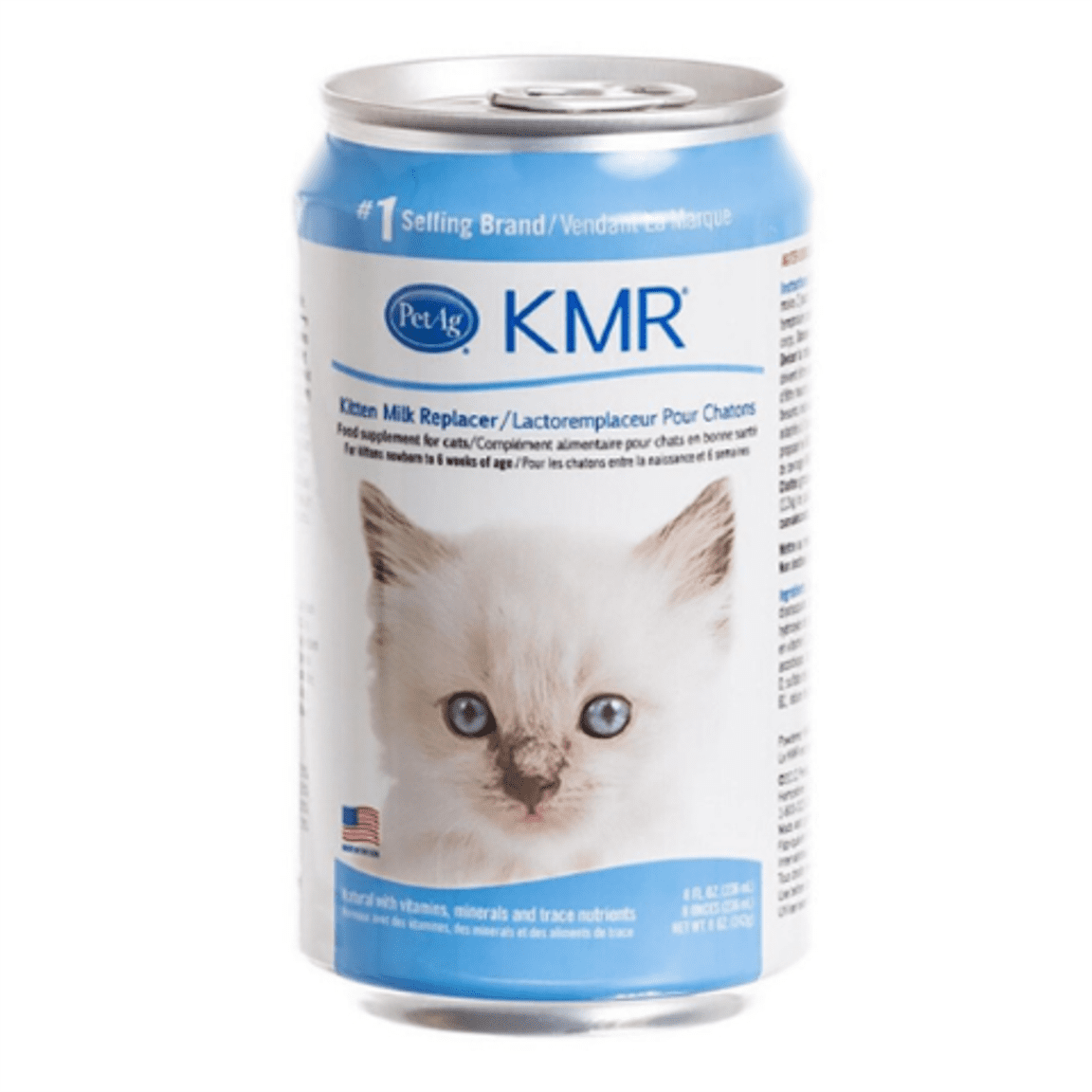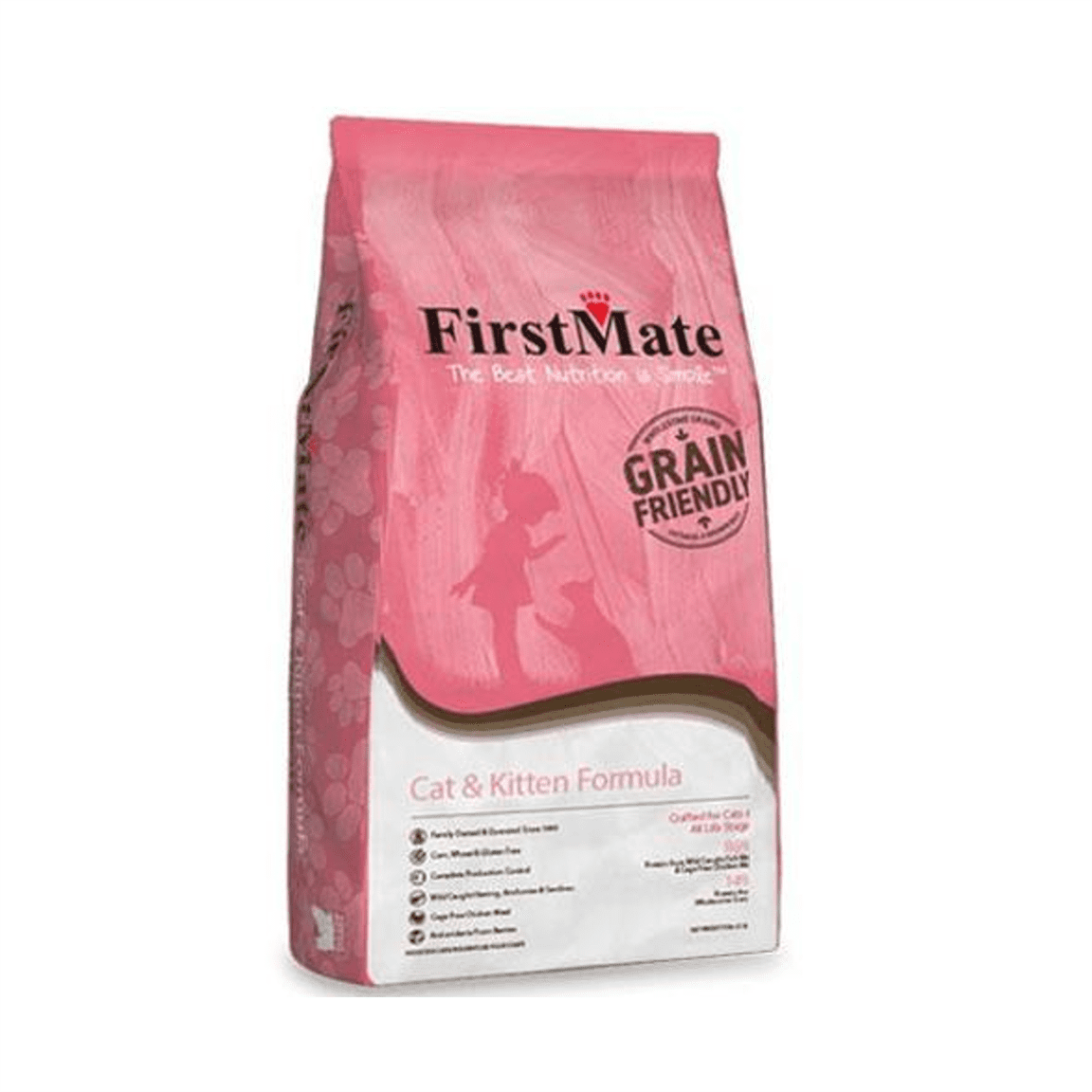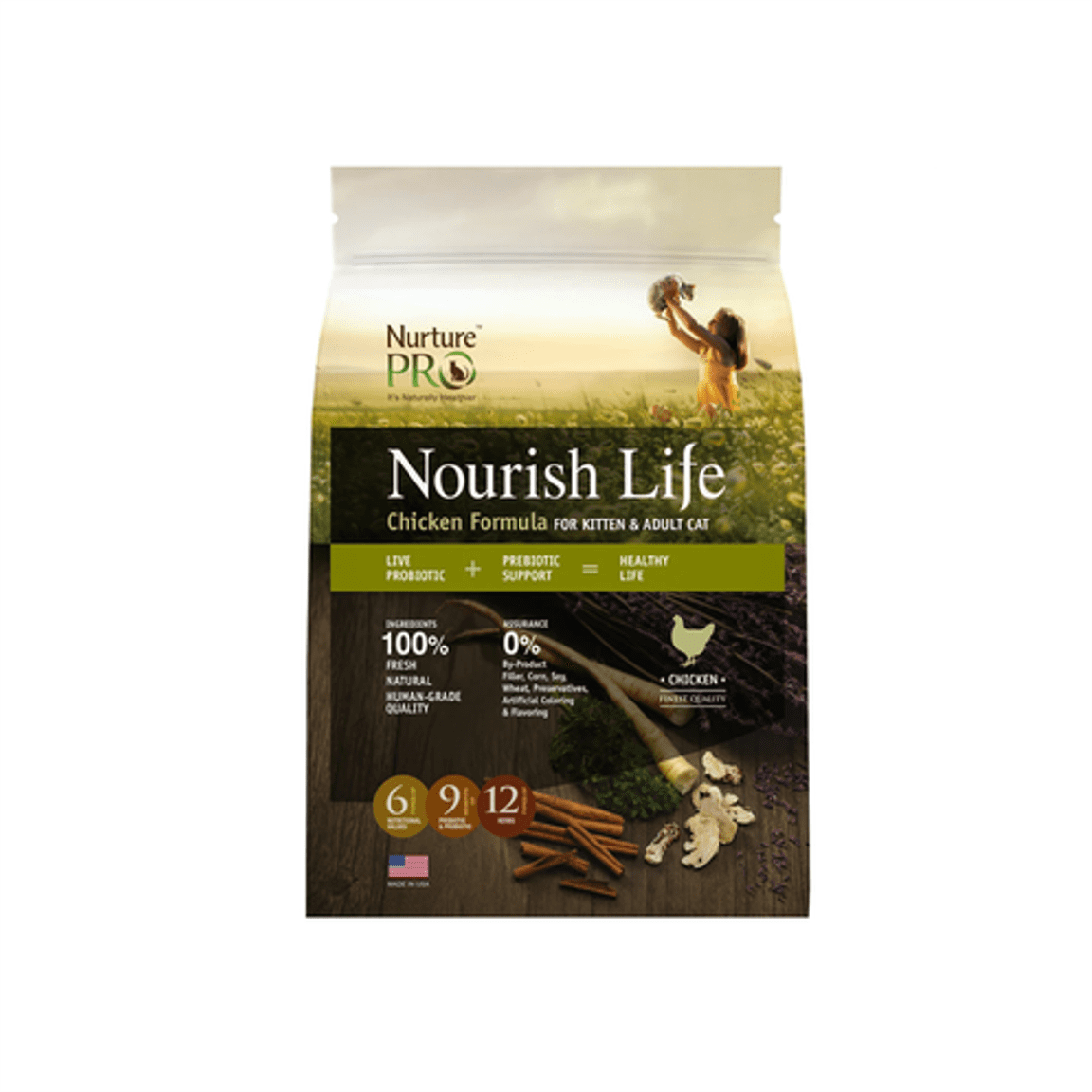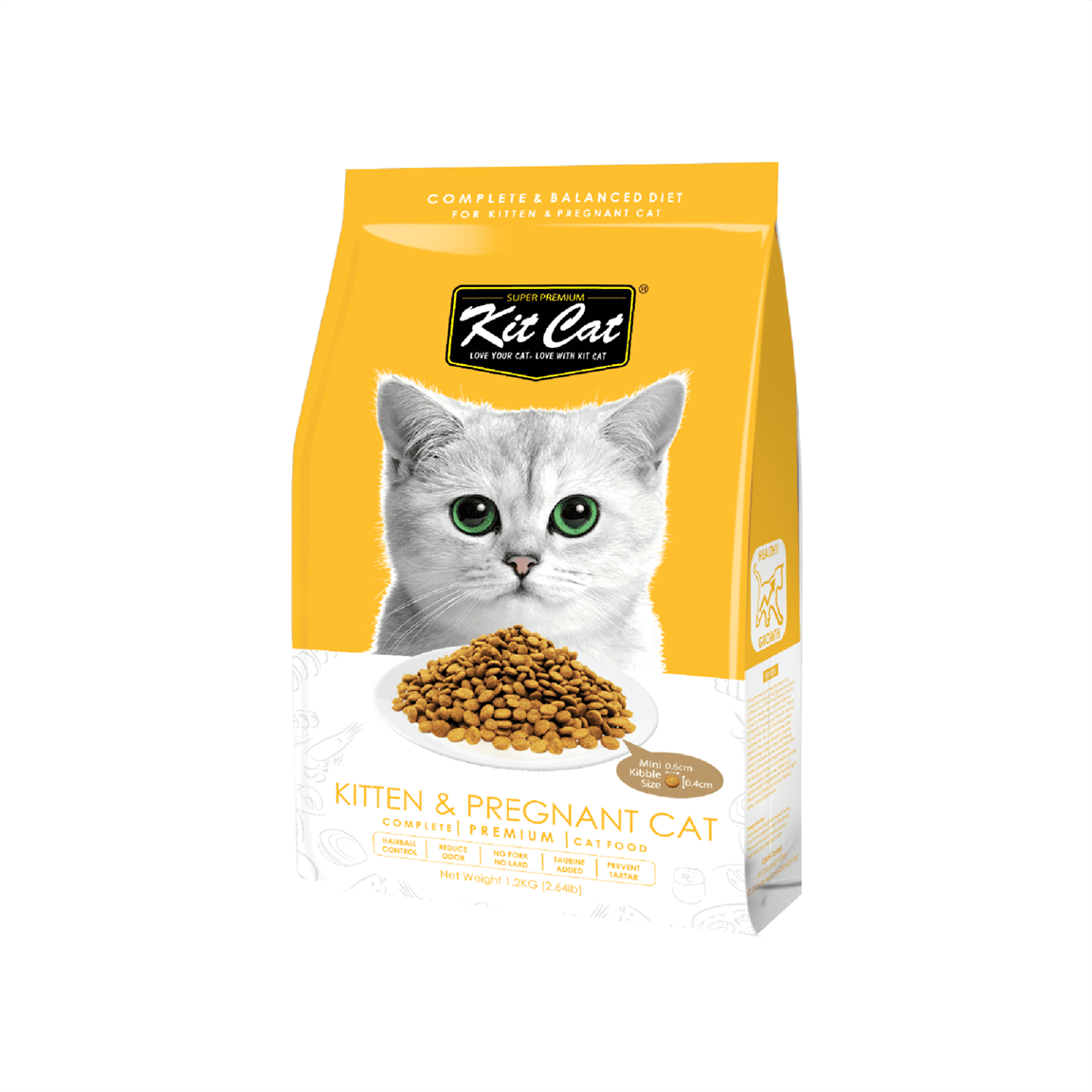Adopting A Newborn Kitten

Caring for a newborn kitten can certainly be a handful. Newborn kittens rely completely on their mother for survival during the first few weeks of life. Adoption of newborn kittens is usually undertaken when a mother cat had died or is unable to take care of her kittens. Some mother cats may abandon their kittens, or they may lack milk to support their litter.
How to take care of a newborn kitten without a mother?

This is a common question that many people ask when they are presented with a newborn kitten that needs to be adopted.
Whatever may be the case, kitten adoption, especially newborn kittens, is never a joke. Unfortunately, newborn kittens are unable to survive without their mother, unless they are bottle-fed around the clock. If you decide to adopt a newborn kitten, you should be ready to commit enough time, effort, and money for the kitten’s care until he is about 2 months of age. Animal shelters and rescue organizations usually have volunteers whose work is concentrated solely on caring for newborn kittens until they are old enough to be adopted and brought to their forever homes.
Where to place an adopted newborn kitten

Considering that the newborn kitten’s immune system is still developing, precautionary measures should be taken to ensure that he is not exposed to potential pathogens and parasites. The kitten should be placed in a comfortable, clean, and safe place where he will spend the first few weeks of his life. Since he will require round-the-clock feeding, it is a good idea to have the kitten near your bed so it will be more convenient for you to tend to him during the night. It will be like taking care of a newborn baby; you will be on call for the kitten’s first few weeks in your care.
If you have other pets in your home, they should not be allowed anywhere near the kitten or the room where he is placed. Kitten essentials, like his bedding, should be thoroughly washed and ironed before he can sleep on it. Place the bedding inside a disinfected box.
Your newborn kitten will need to stay warm because the thermo-regulatory mechanism in his body is not yet functioning efficiently. You need to provide an external source of heat, such as a heating pad or water bottle. Make sure that there is enough room inside the box for the kitten to move away from the heat source if he finds it too hot. The kitten should only be allowed out of his box or crate only when you are around to keep a close eye on him.
Bottle-feeding a newborn kitten
Adopted newborn kittens need to be bottle-fed with milk replacer throughout the day. Unfortunately, it’s not as easy as feeding a baby. You need to hold the feeding bottle and prepare to have your hand-kneaded while the kitten is sucking away. Take note that milk replacers are different from cow’s milk. You should ask your veterinarian for a suitable milk replacer that can be given to your adopted kitten to prevent digestive upsets and other problems.
When bottle-feeding, use a clean, soft towel to hold the kitten. Feeding can get a little messy, thus having the towel can help. After feeding, gently rub the kitten’s rear end and belly with your fingers through the towel to stimulate elimination. This is what mother cats do!
When can adopted newborn kittens be transitioned to solid food?
Weaning of adopted newborn kittens can start when they are 3-4 weeks of age. Start by placing some of the milk in a saucer and encourage the kitten to drink from it. When he can finish the whole feeding without the aid of the bottle, you can start to mix in some warm canned kitten food. For each day that passes, add less milk and increase the amount of kitten food. The transition period should extend for a week or two until the kitten is eating only wet food. This will give enough time for the kitten’s system to get used to the new diet. If you want, you can also use premium quality dry food or kibble for the purpose. Just moisten it at first so the kibbles become softer. Kittens can be on an exclusive kibble diet by about 7 weeks of age.
Socialization
Without the kitten’s mother and littermates, the job of socialization now falls upon your shoulders. Socialization should start when the kitten is about 2 weeks old and extends until they are 7 weeks of age. Socialization is an important part of the development of kittens. During this period, the kitten is exposed to people, cats, dogs, other pets, new sights, new sounds, etc. Make sure that everything the kitten experiences during his period of socialization is positive. With proper socialization, a kitten becomes a well-adjusted, confident, and emotionally healthy member of the household.
Frequently Asked Questions About Newborn Kitten Adoption
1. What is a good age to adopt a kitten?
Ideally, kittens are ready to go to their forever homes when they are around 12 weeks old. While kittens can already be adopted when they’re 8-9 weeks of age, the closer they are to 12-13 weeks, the quicker they will be able to adjust to their new home. Letting kittens spend extra time with their mother and littermates makes them healthier, well-socialized, and properly developed.
2. Can cats adopt other kittens?
When you have an orphaned kitten on your hands, you may choose to find a foster mother cat who will accept the kitten ASAP. As much as possible find a mother cat whose kittens are about the same size as the orphan kitten. Or you may also choose a mother cat whose kittens have just been weaned provided that she is still producing milk. Once you have found a potential foster mother cat, make the proper introductions, and be sure to keep a close eye on the mother cat and her foster kitten during the first few days.




















